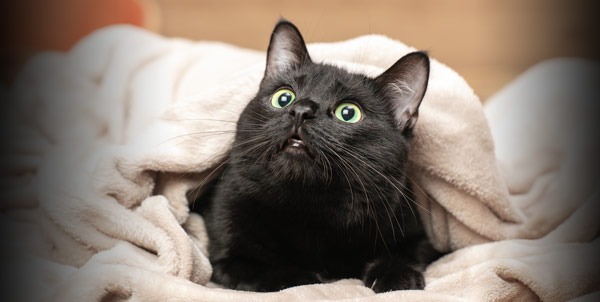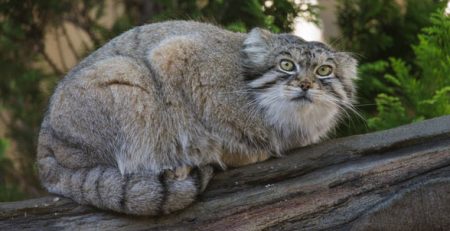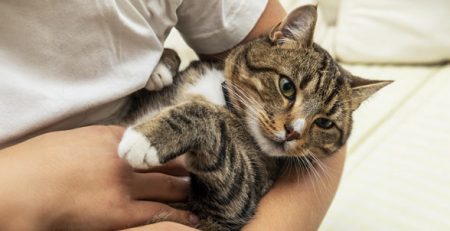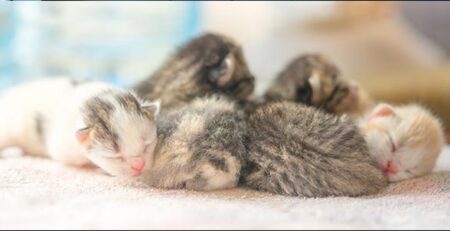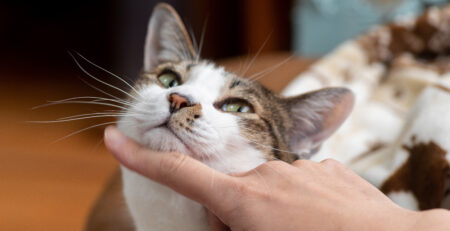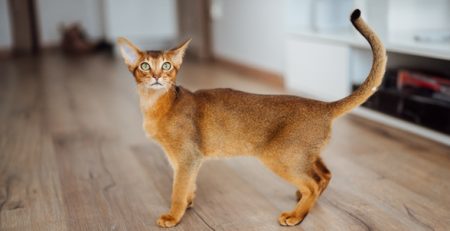The Black Cat and Black Cat Appreciation Day
Black Cat Appreciation Day was established in 2011 by Wayne H. Morris, a New York artist who wanted to commemorate his sister and her black cat, Sinbad, both of whom died that very year.
Morris’s great desire was to raise awareness and dispel clichés about black cats because when his sister had brought little Sinbad home for the first time, their own father had been displeased, convinced as he was that black cats were bad luck.
The association of black cats with bad luck is a legacy of the Middle Ages: at that time, in fact, all nocturnal animals with dark or black coats and feathers, see crows, were considered allies of witches and the embodiment of the devil.
European culture is steeped in superstitions, and one of them is that black cats are bringers of misfortune, especially if they cross someone’s path.
The origin of the rumor dates back to the days of horseback riding: in fact, the sudden crossing of a kitten could have spooked the horse and unseated the rider.
Go ahead and let a black cat cross your path-the jinx is his alone because he runs the risk of encountering ignorant humans.
To attribute specific behaviors or particular attitudes to a color in the total absence of scientific evidence is symptomatic of profound ignorance.
The real problem, besides the superstition itself, is indolently accepting its persistence.
The classic “It’s not true and I don’t believe it though for superstition…” to understand.
Irrational beliefs are dangerous or harmful to us and others, and mental blindness and ignorance are the only, only true causes of the world’s ills.
To the magnificent and majestic black cats or any other color, as well as to all nonhuman individuals, we need only apologize.

